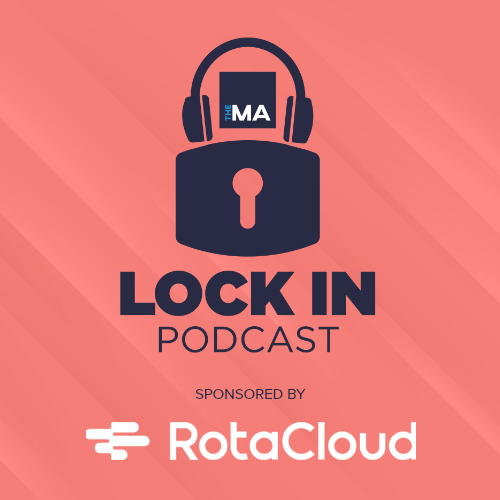Investment key to tackling chefs’ mental health issues

Kris Hall, a photographer and food supplier, is keen to see more pub businesses invest in mental health training and to examine their working structures to give staff more time off.
The fast pace of the trade can contribute to or exacerbate pub staff mental health issues, Hall explained.
The project uses social media to break down the stigma of mental health issues and encourage chefs to check in with their colleagues.
Through his photography company, Nose 2 Tail Photography, Hall has taken black and white images of chefs to open up the conversation on mental health and kitchens.
He said: “Chefs are working in quite tough conditions with no access to natural light and, in most cases, they are working long hours in hot conditions.
“The same applies for front-of-house staff, always having to be on display, smiling, pleasant, and, sometimes, in quite hostile environments.
“What tends to come with those conditions, especially with the long hours, are a barrage of mental health issues that, generally speaking, are not spoken about.
“People aren't really open to the conversation and having a healthy debate, and burning the stigma.”
No shame
Hall added: “It's nothing to be ashamed of, everyone at some stage has come into contact with or has suffered at some stage in their life. So why shouldn't we talk about it and put procedures in place to help combat it?”
The Burnt Chef project has been working with Kelly's Cause, a Brixton-based organisation that offers mental health training to kitchen teams.
It is also trialling mental health awareness training sessions in conjunction with Dorset Mind and hopes to expand this across the country shortly.
Investment needed
The project is taking donations to train individuals to go back into pubs and act as mental health ambassadors who can offer peer-to-peer support.
Pub managers and bosses should recognise that staff’s poor mental health has an impact on their business, Hall added.
He said: “They need to spend time investing in mental health awareness courses, in looking at their working structures to see what more time they can give staff in order to have a better work-life balance.
“Ultimately, it will increase their retention and will increase their opportunity at attracting new members of staff because its much fairer working conditions.
He explained: “[Having mental health training] it means they have healthier, happier members of staff so their output is increased as well.
Although long hours are “part and parcel” of the pub profession, managers should combat this by implementing wellbeing approaches into staff policy, Hall said.
Wellbeing focus
“Simple things such as making sure regular breaks are taken that are outside and in fresh air, taking a step back from the role and becoming quite mindful of where you are, reading a book, listening to music, going for a run, are very important.”
“Nobody wants to come to work and slog their guts out and not be recognised. We thrive – the general human population – on praise, we do enjoy when things are being recognised, it releases endorphins, we feel happier and, as a result, we work harder.
“So putting that support network in place, by listening to your staff, by asking if they are actually OK – 'are you all right? Don't just tell me yes, is there anything I can do for you?' – helps people know they are being listened to.
“It helps them feel more comfortable in their environment and, as a result, it saves you losing members of staff and not knowing why.”
- The Burnt Chef will be taking over The Morning Advertiser’s Facebook and the Top 50 Gastropubs’ Instagram stories on Sunday (6 October 2019), in the lead-up to mental health awareness week.







